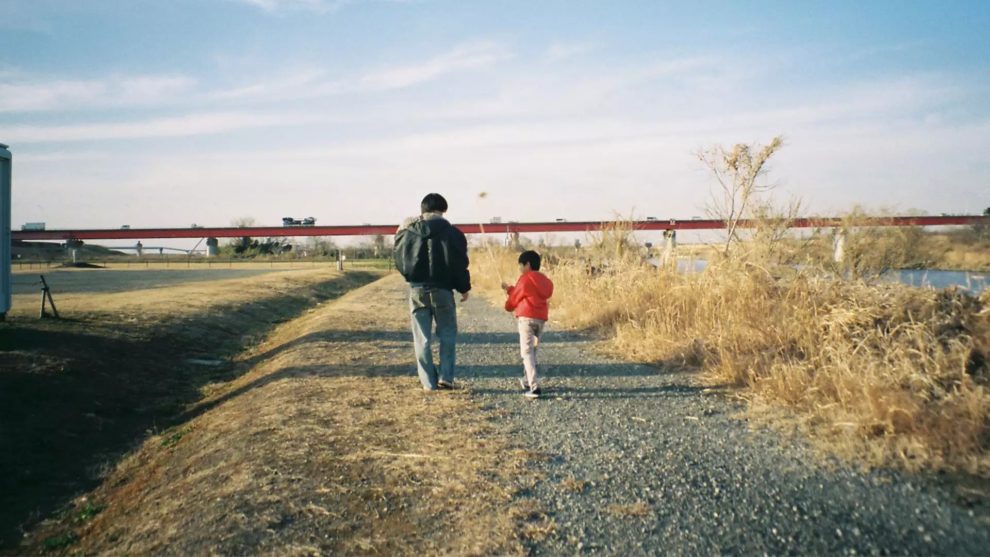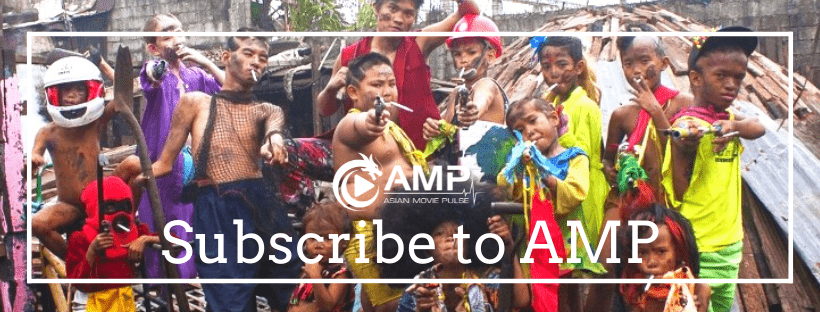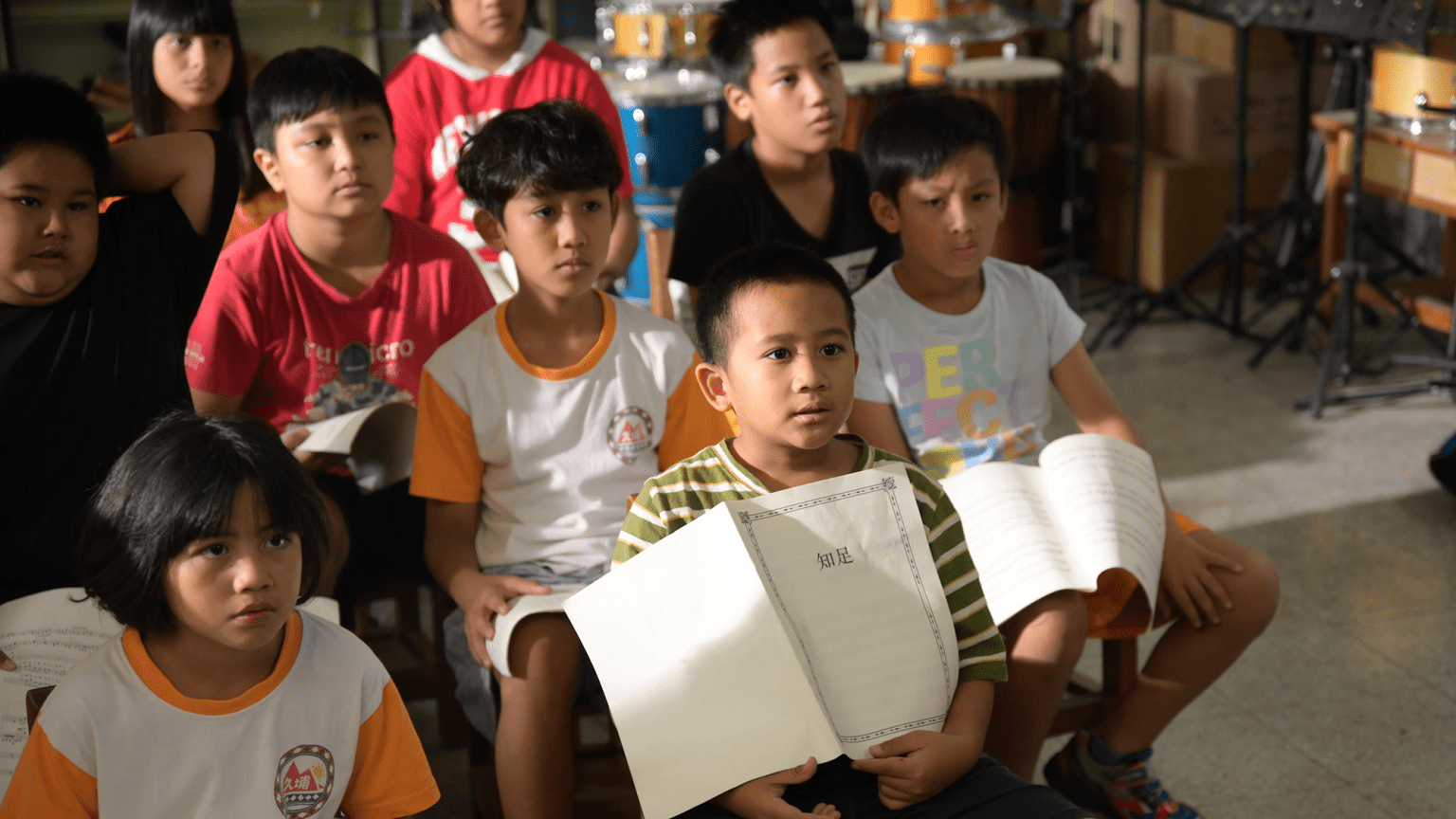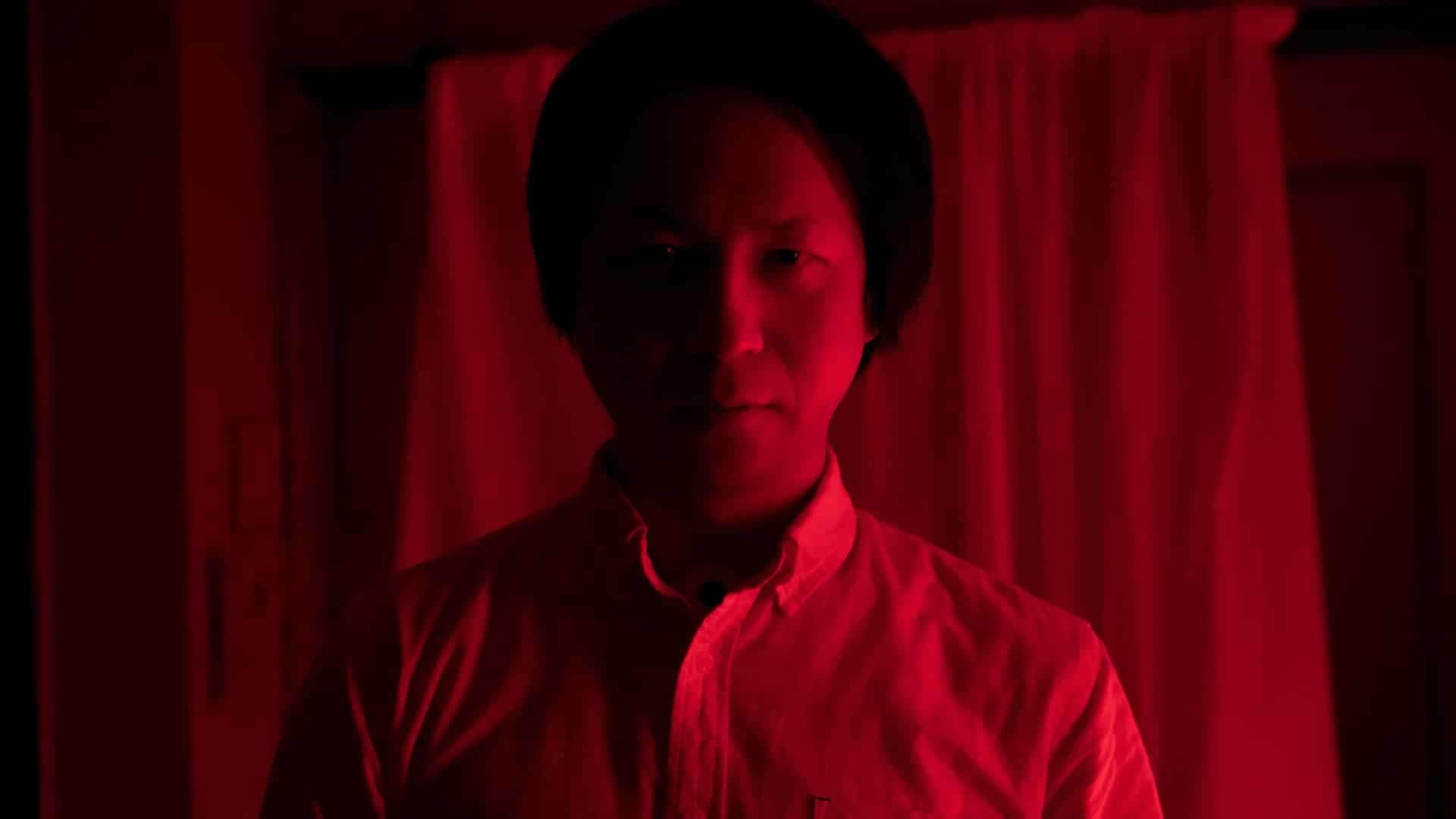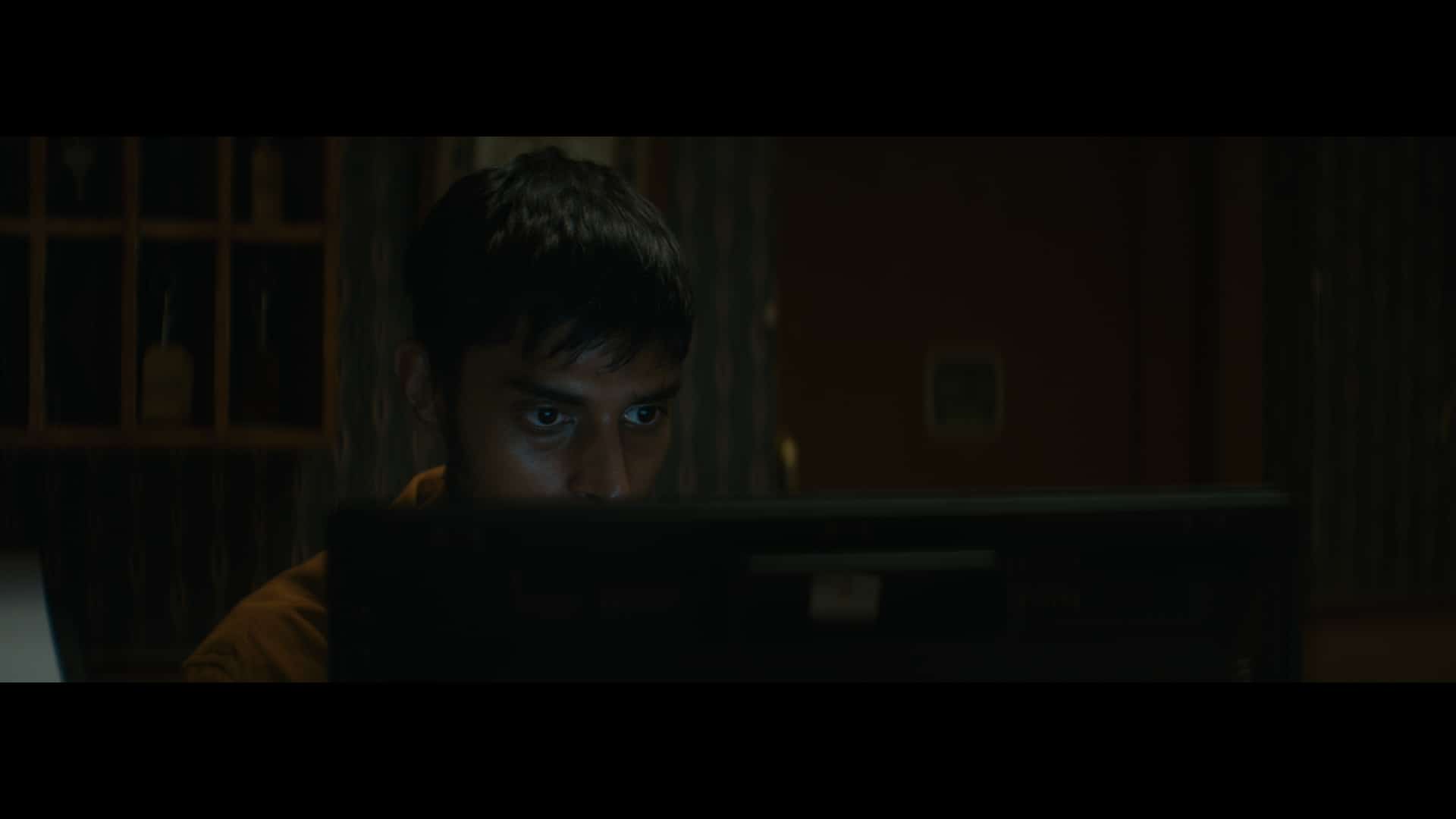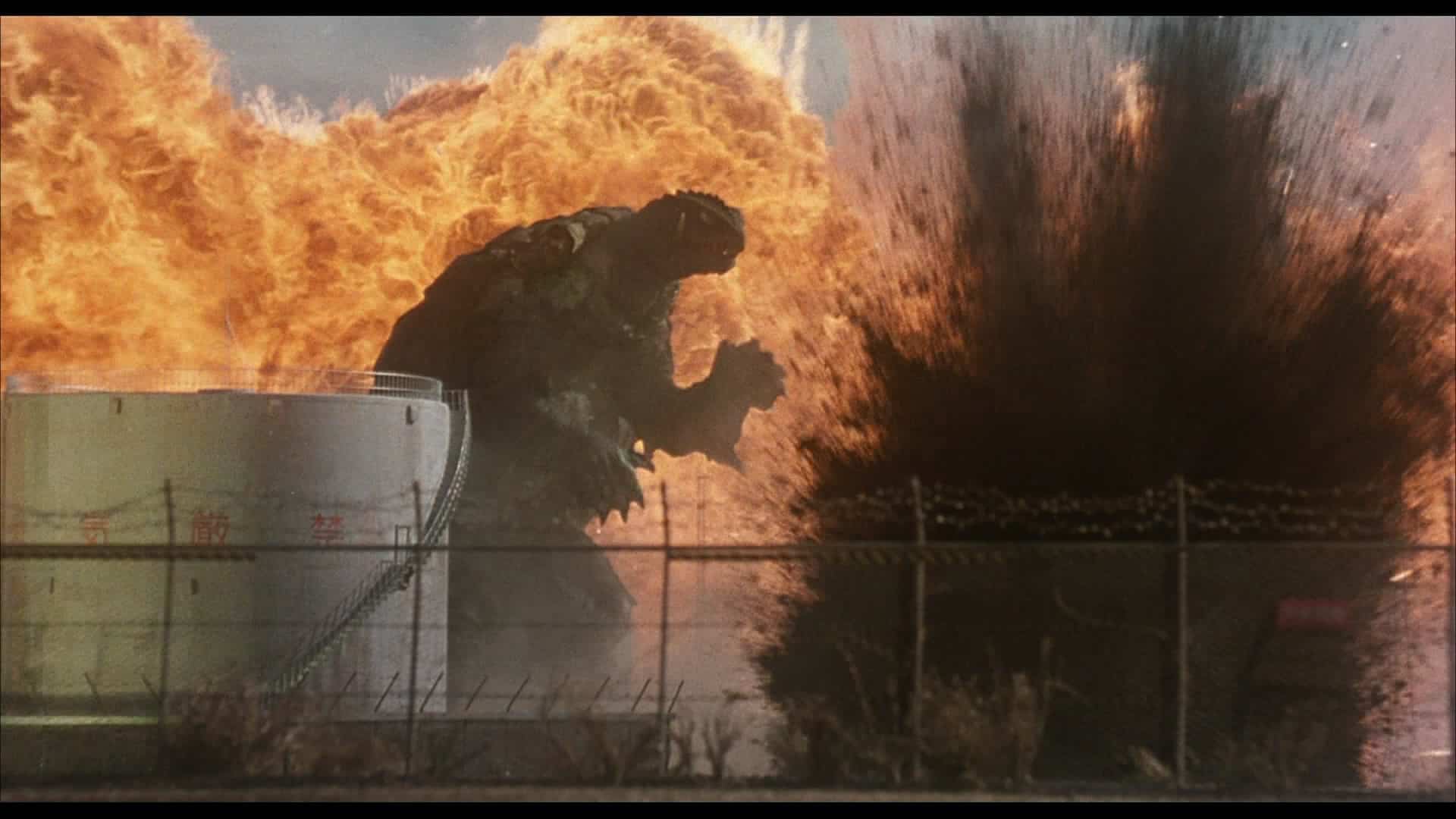Implementing an approach that seems to linger between “Kikujiro” and “Shoplifters” at least in its narrative base, “My Brother” is a very interesting road movie that also deals intently with the concept of family.

Yuya is a young man who has trouble holding down jobs, as the initial scenes of the movie highlight quite eloquently. One night, while returning home, he gets involved in a fight with two other men on the street, in a series of events that end up with him discovering a young boy, Kaito, taking refuge in a car. Suspecting the boy is neglected and abused, thus reminding him much of himself, Yuya decides to take him with him on a road trip to see the ocean, and also his own, estranged mother. As they meet a number of people, they experience a number of adventures, they become closer, and also move many steps forward in finding solace in life. In the meantime, though, the “kidnapping” makes the national news.
Yuui Matsubayashi directs a genuine road movie, inducing the narrative with an intensely episodic nature, with the meetings the two protagonists experience adding much tension to the calm moments of the two driving on the road. This approach, of the calm moments where the two get acquainted, and eventually manage to help each other particularly because they share many common experiences, combining with the more intense ones during the meetings, emerges as the movie's best trait, with the changing of rhythm carrying it from beginning to almost end.
In that fashion, the meeting with a friend's mother, the one with the kind girl who helps when Kaito becomes sick, and even more so, when her alcoholic father tries to call the police on the two, and the one where Yuya meets his mother, provide the epicenters of the movie, with the rest of the narrative essentially revolving around them. That these scenes emit a growing sense of tension and agony works quite well here, but also communicate the main comments in the movie, as Matsubayashi's accusation towards the previous generation, for their parenthood, is quite palpable, as much as the fact that family ties do not always match the blood ones.
Also of note is the way the two protagonists, and particularly Yuya, change through both the aforementioned episodes and their common interactions, additionally highlighting the quality of acting as much as the chemistry the two share on screen. Matsubayashi's own cinematography and editing capture the various locations with a combination of artistry and realism, with the sunsets and the fishing scene being truly memorable, while the mid-tempo looks ideal for the style of the movie.
At the same time though, the tendency of Japanese filmmakers to prolong their endings for no apparent reason, usually including a scene by the sea, is not missing from here either. The ending, which actually takes place some years later, as Kaito is a young man now, induces the movie with an intense sense of drama and even a bit of nostalgia, as it also sheds light in another side of Yuya, but the truth is, that it could be briefer, in the style just mentioned.
Despite this issue, and the fact that the movie is rough and raw to a large degree, “My Brother” emerges as a rather captivating title, which eloquently shows Matsubayashi's potential.


